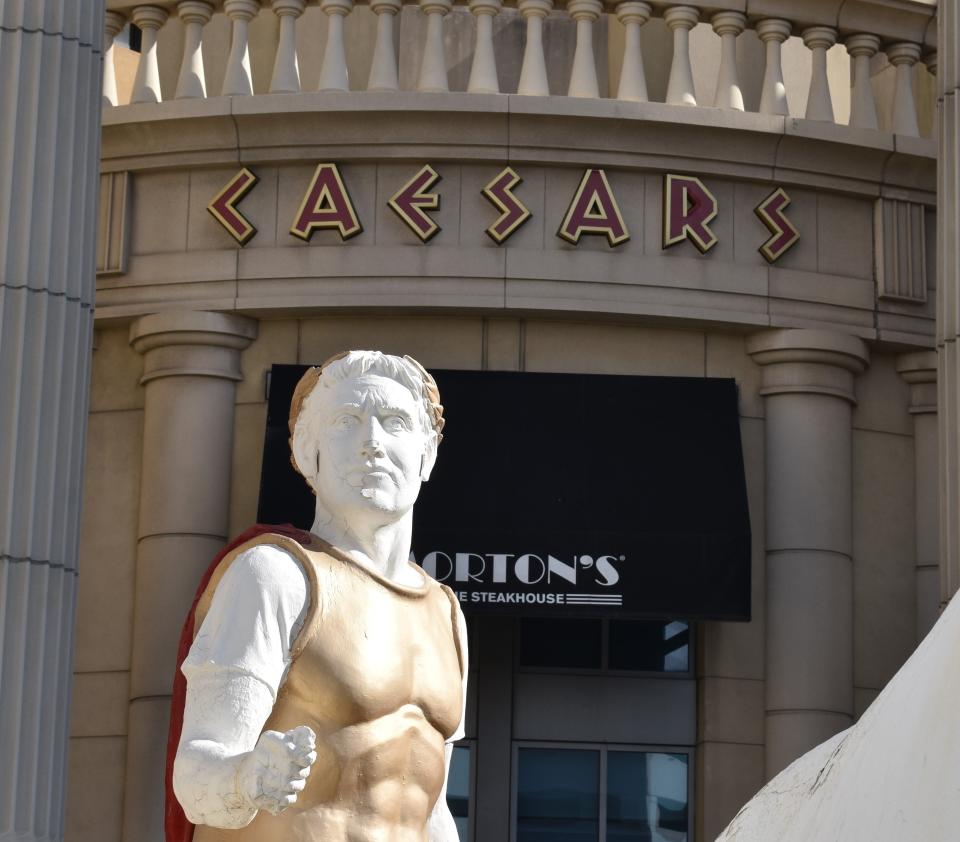Lawsuit seek payout for guests, gamblers after hack at Caesars Entertainment
CAMDEN — Patrons of Caesars Entertainment properties in Atlantic City and elsewhere are seeking damages in a class action lawsuit in federal court here.
The suit, filed by a Woodbury attorney, alleges damages of more than $5 million for gamblers and guests affected when hackers accessed customers’ private information in Caesars’ computer system in September.
The Nevada-based firm’s 51 properties include Caesars, Harrah’s and Tropicana casino-hotels in Atlantic City.
The suit seeks court approval to represent all people whose personal identification information was compromised in the data breach.
What is known about the hack at Caesars Entertainment?
Caesars disclosed the hack in a Sept. 14 filing with the U.S. Securities and Exchange Commission.
The intrusion, detected on Sept. 7, was “a social engineering attack on an outsourced IT support vendor used by the company,” the fling said.
It said the hacker obtained a copy of “among other data, our loyalty program database” for a “significant number” of its loyalty club members.
That data included “driver’s license numbers and/or social security numbers,” said the filing.
It reported no evidence “to date” that the hacker had acquired customers’ password or their password/bank account information.


Caesars said it had reported the incident to law enforcement and that the company was conducting its own investigation.
What does the lawsuit say about the Caesars hack?
The lawsuit blames the hack on Scattered Spider, a group that allegedly tricks computer users into disclosing sensitive information, then extorts a payment to keep the data private.
Caesars “reportedly” paid about $15 million to placate the hackers, according to a separate lawsuit filed in October on behalf of Caesars’ loyalty club members.
That suit was voluntarily dismissed without prejudice on Nov. 8, meaning it could be filed again.
Stanley King, the attorney pursuing the class action suit, claims Caesars was negligent in protecting its customers and in responding to the hack.
Caesars has offered credit-monitoring services to members of its…


